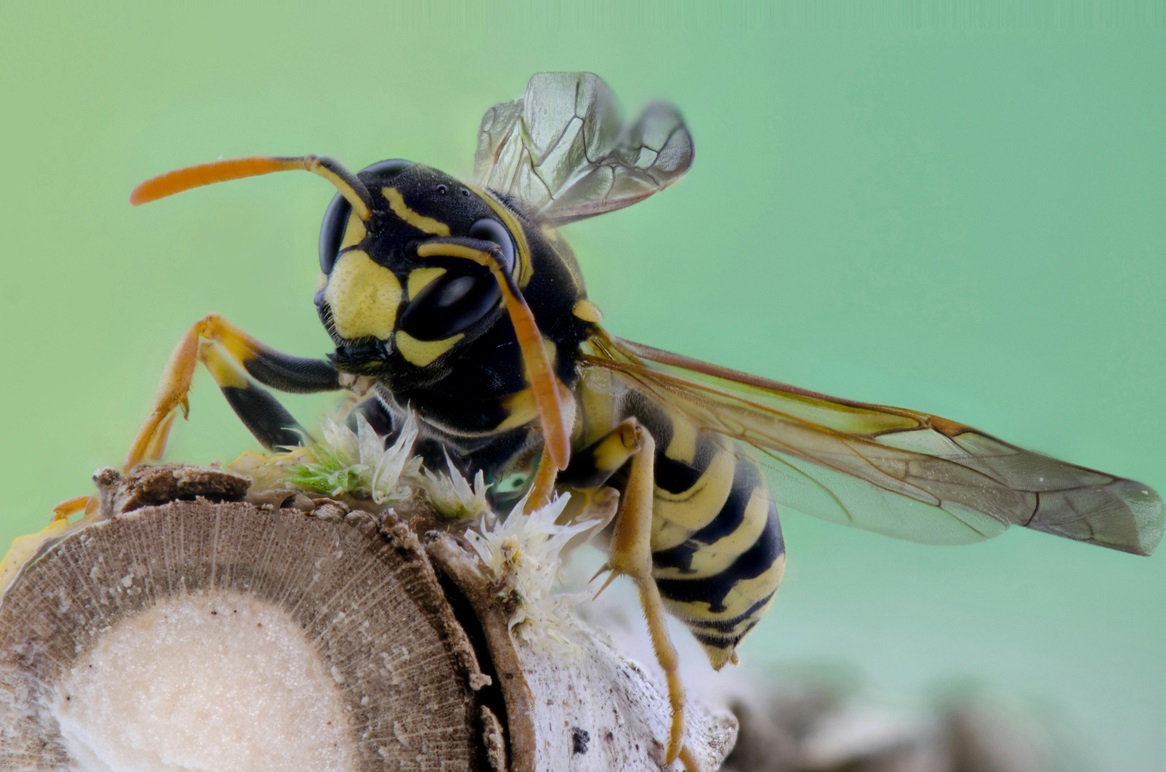The fear that sets in when you realise you may have a wasp infestation in the home isn’t a pleasant feeling at all and when the realisation sets in, it can be daunting to think about what to do next, even more so when you consider these insects live in colonies and are often not alone.
However, swift and determined action is imperative to rid your house of these pests and this article will give you the answers to the many questions you may have while also providing a number of wasp removal solution ideas, from those you can safely carry out yourself through to when it is time to call in the professionals.
The Importance of Keeping Wasps out of the Home
Keeping wasps out of your home is important for several reasons, with the main issue being that these insects can pose a threat to your health and safety, especially if you or someone in your household is allergic to their stings. Wasps can sting multiple times, unlike bees and their stings can be painful and potentially dangerous.
Having wasps inside your home can also be unsettling and disruptive to your daily life. Capable of building nests in hard-to-reach areas, such as attics, wall voids or eaves, wasps are smart and can make it difficult to remove them once they have established a presence. What’s more, wasps can cause damage to your property by chewing through wood and other materials to build their nests.
How to Spot Signs Wasps have Infested your Property
There are several signs that can indicate a wasp infestation on your property and a number of key indicators to look out for.
Increased Wasp Activity
If you notice a sudden increase in the number of wasps flying around your property, especially near specific areas like rooflines or outdoor structures, this may be a sign of a nest nearby.
Visible Nests
Keep an eye out for visible wasp nests, which can vary in size and shape depending on the species. Nests are commonly found in sheltered areas such as under eaves, in trees situated in the garden or in wall cavities.
Chewed Wood or Paper
Wasps chew wood and paper to build their nests, so if you notice small pieces of wood or paper scattered around your property, it could indicate a nearby nest.
Presence of Larvae
If you see adult wasps carrying food back to a specific location, it could be a sign of a nest nearby where they are feeding their larvae.
Aggressive Behavior
If you notice wasps becoming more aggressive or territorial, especially when you approach certain areas of your property, it could indicate that they are trying to protect a nearby nest.
Tips to Stop Wasps from Entering the Home
There are times when no matter what you do, wasps will settle near or actually inside your home. Of course, your house is out in the open and that is nature. However, there are steps you can take to significantly reduce the chance of these pests getting in.
Seal any openings
Inspect your property for any openings or gaps in walls, windows, doors and screens. Be sure to seal them up to prevent wasps from entering your home.
Keep food covered
Wasps are attracted to food, especially sweet and sugary items. Keep your outdoor food and drinks covered when dining outside to avoid attracting them.
Remove standing water
Wasps are also attracted to water sources. Make sure to eliminate any standing water around your property, such as in bird baths, clogged gutters, or containers.
Plant insect-repelling plants
Certain plants, such as mint, basil and marigolds are known to repel insects, including wasps. Plant these around your property to help deter them.
Use decoys
Consider hanging up fake wasp nests or decoy wasp traps around your property. Real wasps may be deterred by the presence of these decoys.
Keep garbage bins sealed
Make sure to keep your garbage bins tightly sealed to prevent wasps from being attracted to the smell of food waste.
Hire a professional
If you have a severe wasp infestation on your property, consider hiring a professional pest control service to safely remove the nests and prevent future infestations.
Summing Up
By taking preventive measures to keep wasps out of your home, such as sealing cracks and crevices, installing screens on windows and doors and keeping outdoor food sources covered, you can help protect your health, safety, and property.
If you suspect a wasp infestation on your property, it is best to contact a professional pest control service to safely remove the nest and address the issue.

